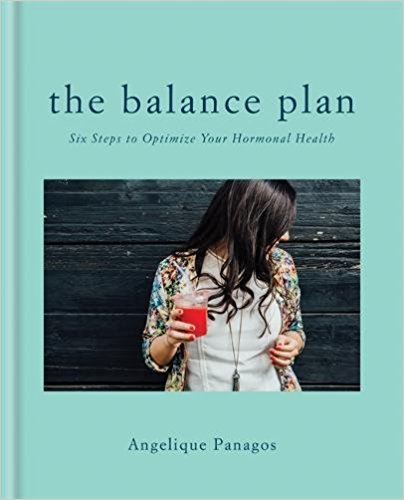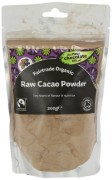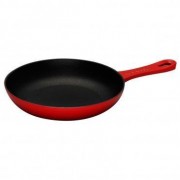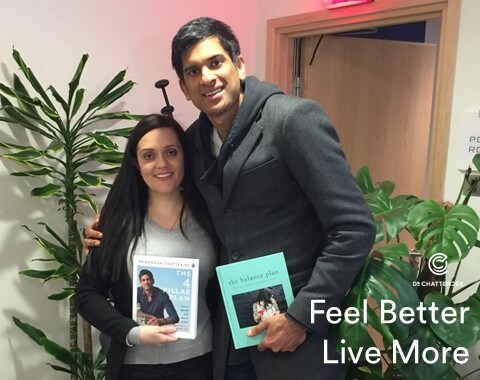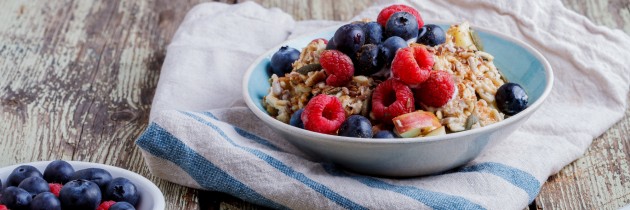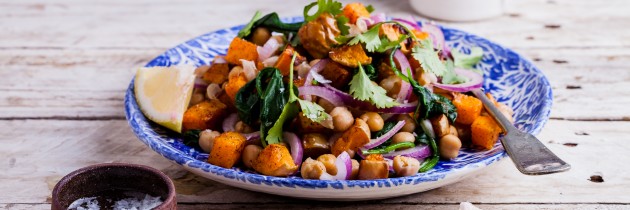Beat your bloat once and for all!
Taking a look at what causes bloating and how to beat it!
Following the popularity of my ‘5 steps to beating the bloat‘, I thought it time to delve a little deeper into the subject; why our GUTs may be unhappy and what we can do about it.

What is the GUT?
We often talking about ‘gut issues’, but do you know where to find yours? Quite simply, it’s the gastrointestinal tract – one long tube that runs from your mouth to your anus.
Modern science shows full body health (and disease!) starts in our guts, and it’s here we naturally experience an array of digestive complaints, including bloating.

What is bloating?
Well, I think anyone who’s ever experienced it knows at least some of the answer to this one! It’s the balloon-like inflation of the abdomen, which may also present with a distention across the abdominal girth – widening anything and everything from your chest to your hips.
As well as coming in many different sizes and shapes, your bloating may appear at different times. Some experience bloating as soon as they wake, while others feel the swell each time they eat, or when they eat particular foods, and for others bloating only comes in the evening.
Not only can bloating be incredibly uncomfortable (talking from first-hand experience here!), many sufferers find it embarrassing; some distressingly so.

Doesn’t bloating just mean we all eat too much?
Well, it’s time we understand the difference between bloating and over-eating! The stomach is an expanding organ, which increases in size on the presence of food and to facilitate digestion.
If we’re over-eating, we’re naturally going to see more expansion, which may prove uncomfortable and may indeed result in a swollen stomach. This is the commonly discussed ‘food baby’!
However, a condition of chronic bloating is far more complex than this!
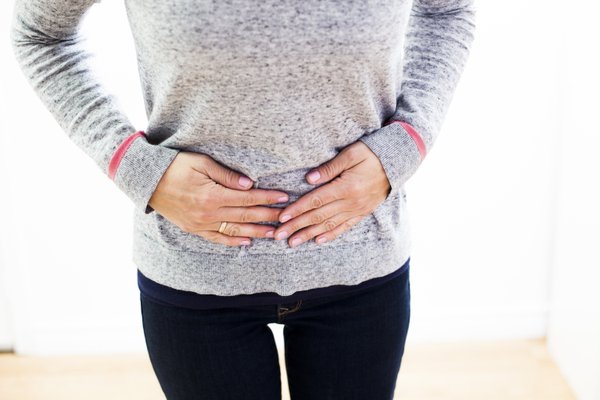
So, what causes bloating then?
You can likely guess from the array of presenting symptoms, that there are multiple possible causes of bloating. In addition we are all biochemically individual, so there is not a one size fits all answer here (or with anything to do with health!)
Sometimes it seems that every symptom from the mouth to the bum is simply labelled as ‘IBS’ (Irritable bowel syndrome – a condition characterised by pain, bloating and digestive distress, including diarrhoea and/or constipation), however, despite IBS’s prevalence, there are many other triggers which are often overlooked.
Causes of bloating may include:
- Personal stress and anxiety
- Hormonal imbalance
- Changes in gut microbiota (the good guys – our body’s health-promoting, disease-fighting army!)
- Low stomach acid
- Constipation
- Bacterial imbalance (AKA ‘dysbiosis’) or overgrowth
- Food intolerance
- Nutrient malabsorption
- A buildup of intestinal gas
- Fluid retention
- Obesity
- Intestinal obstruction
- Other underlying medical conditions*
This list is by no means exclusive and you can certainly have multiple contributing causes. To this end, to beat your bloat once and for all, it’s vital we identify your personal causes and/or triggers.

How to do this:
Due to the range of possibilities, I’d strongly recommend seeing your doctor as our first port of call and then seeking the support of a registered nutritional therapist *.
One of my most popular clinic services is my 12-week Beat The Bloat Programme. This gets right to the root of your symptoms – identifying your underlying causes and returning your confidence, energy, vitality and reducing that bloat!
Of course, you can also achieve wonders through a regular one-to-one nutritional therapy approach, which often begins with a focus on healing and sealing the gut.
Want some quick tips to get you started?
As we’ve said, we need to identify your triggers. Without doing so, you can test every tip under the sun and you’ll still see that belly swell! However, to get thing started, I’ve got a number of tricks up my nutritionist sleeves…
- Firstly, here’s another link to my top ‘5 tips to beating the bloat‘.
- It’s in my 5 tips – but it’s so important I’ll say it again!- you need to avoid refined carbohydrates and sugars. You should also look to avoid caffeine and alcohol, to see if either causes you distress.
- The tips mention peppermint tea, but you can also experiment with chamomile (great for calming upset tummies) and lemon and ginger (also wonderful for nausea). Either stock up on teabags or make these yourself using fresh mint leaves, loose leaf chamomile flowers and/or chunks of fresh lemon with slices of peeled ginger. Delicious and soothing!
- If you’re not eating your fill of vegetables (we’re looking for at least 5 portions a day, plus 1 to 2 portions of fruit!), your bloating may be caused by a lack of fibre. As I always say, a poop a day keeps the doctor away! Time to get more vegetables onto that plate. You’ll find many a tantalising veggie-filled dish on my recipe page, and I can’t recommend this fibrous Superfood Detox Green Smoothie enough! On the flip side, some get bloated from too much veggies, if this is you please see your doctor and you can also try and only eat well cooked vegetables to see if that helps.
- Many of my clients respond especially well to my Bone Broth recipe. The natural gelatin content has been found to support our gut’s mucosal lining, in turn reducing reactivity and boosting our digestion.
*PLEASE NOTE: bloating can be indicative of a more serious underlying medical disorder and you are advised to consult a qualified medical practitioner before making any dietary changes. This is essential advice if you are experiencing any red flag digestive symptoms. The NHS lists these as: “a sudden, persistent change in the pattern of how your bowels work; bleeding from the back passage; increasing heartburn, indigestion or other stomach pain; losing weight unexpectedly, and difficulty swallowing.” Please heed this advice regardless of how many of these symptoms you are experiencing.
Don’t forget, I’m here if you need me! Drop me an email to find out more about my consultations, clinic tests and the 12-week beat the bloat programme. Got a general gut health or bloating question? I’d love to hear this in the comments.
You’re also welcome to get in touch via social media. You can find me on Twitter, Facebook and Instagram, and you can receive extra health and recipe advice via my free fortnightly Health Tribe mailings.
Nourishing well wishes,
Angelique
Consult your doctor or health care practitioner for any health problems, and before embarking on any new health regimes, using any supplements or before making any changes in prescribed medications or food programmes.


